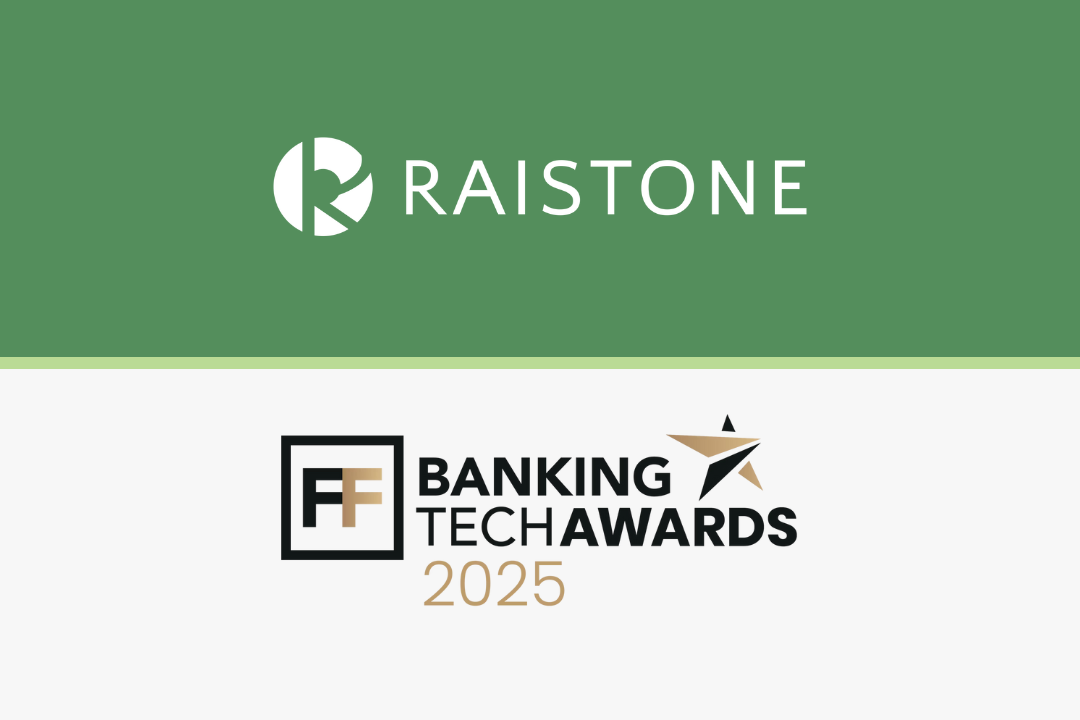The U.S. has 34.8 million small- and medium-sized businesses (SMBs), which serve as the backbone of the U.S. economy. Unfortunately, SMBs across the country face mounting financial pressures, including inflation, global trade instability and a tight lending environment that has made access to liquidity more challenging.
Further complicating matters, ongoing restructuring efforts by the Department of Government Efficiency (DOGE) — a Trump-era initiative overseen by billionaire Elon Musk — are set to significantly reduce the Small Business Administration (SBA) workforce. If you’re a small business owner waiting on SBA approval or worried about getting caught in the backlog, it’s vital to explore alternative paths to funding.
Read on to learn more about the growing challenges to secure liquidity, why general financial readiness is even more important than loan placement, and how Raistone can help you navigate these tumultuous times for business funding.
SBA loans uncertain as DOGE implements workforce reductions
Securing financing has never been easy for small businesses. The loan application process is often cumbersome, with 68% of businesses reporting that applications are “extremely burdensome.” Even after clearing that hurdle, repayment terms are inflexible — 91% of businesses say their loans require fixed payments, regardless of revenue fluctuations. Nearly two-thirds of businesses have had to adjust their cash management strategies just to accommodate loan structures.
Now, with tariffs cutting into margins, the cash cushion that once helped bridge these gaps is rapidly dissipating. Having multiple channels to access working capital will help keep SMBs financially healthy.
To make matters more complex, the Small Business Administration (SBA) is scaling back its resources. With a pending 43% reduction in staff and closure of six offices, the path to SBA-backed financing could get even more difficult. In cities like Boston, Chicago, New York, and Seattle, where hundreds of thousands of small businesses rely on SBA support, the impact could be significant.
Of course, these staffing cuts are not occurring in isolation. They are part of a broader federal restructuring effort. To understand what’s driving these changes and what they mean for small businesses, it’s important to look at the role of DOGE in the Trump administration.
How DOGE changes from Trump and Musk are reshaping SBA loans
The reduction in SBA staff aligns with broader governmental restructuring efforts initiated by the current administration through DOGE, led by Elon Musk.
DOGE has implemented measures aimed at streamlining SBA operations and curbing fraudulent loan applications. While these measures seek to enhance the integrity of loan distributions, they may also result in stricter scrutiny and longer processing times for legitimate SMB loan applicants.
Loan approvals may take longer and businesses already struggling to access capital could find themselves waiting longer for funds they need today. And with the SBA shifting additional responsibilities onto a smaller team, there’s a risk that small business financing could be postponed in favor of other priorities.
Compounding the challenges facing small businesses, the SBA has also reinstated lender fees for its flagship 7(a) loan program, which could further restrict access to capital.
Lenders are now required to pay the SBA an annual service fee of 0.55% on the guaranteed portion of a loan’s outstanding balance, including for 7(a) Working Capital Pilot (WCP) loans — though it’s important to note that lenders are not permitted to pass these fees on to borrowers. Additionally, lenders must cover the cost of newly reinstated upfront guaranty fees, with rates ranging from 2% for loans under $150,000, to as high as 3.75% on portions of loans over $1 million.
While intended to ensure the sustainability of the SBA’s loan programs, these fees could discourage lenders from participating or make the path to capital more convoluted for borrowers.
Non-debt financing alternatives
For business owners, relying on a single financing channel is risky. It’s critical to explore alternative options that provide flexibility and immediate access to working capital. Non-debt solutions are particularly valuable during uncertain times.
Instead of focusing on whether an SBA loan will come through, companies should be thinking about how to ensure they have the liquidity required to operate and grow, no matter what. The ability to tap into different financial channels could be the difference between staying financially viable or falling behind.
How Raistone supports SMB liquidity
Accounts Receivable Finance (ARF) allows businesses to access cash tied up in outstanding invoices — getting paid today instead of waiting 30, 60, or 90+ days. This means more working capital for payroll, expansion, or seizing new opportunities without taking on debt. Plus, accelerating payment on receivables can help mitigate risks associated with supply chain disruptions.
For companies looking to better manage their payables, Flex Pay lets businesses extend their payment terms without disrupting supplier relationships. Suppliers get paid on time, preventing supply chain shake ups, while buyers retain more cash on their balance sheets to keep operations running smoothly.
As businesses seek to navigate this adjustment period, having a strategy to span a potential pause in funding because of changes being made at the SBA will help them stay viable. SMBs that take a proactive approach to liquidity will be better positioned to endure ongoing uncertainty and emerge stronger.
Raistone offers flexible financing solutions that can help businesses optimize their working capital access. If you’re interested in connecting with one of our financial experts, you can fill out this form or call 888-626-6593.

About the Author
Dave Skirzenski, Chief Executive Officer at Raistone, is responsible for overseeing all facets of the business, including strategy, operations, product innovation, and go-to-market initiatives. He is focused on equalizing access to working capital, helping companies achieve their vision and orienting them towards action. With more than 20 years of experience building and operating fintech firms around the world, his deep knowledge of both technology and finance is a competitive advantage for leading Raistone. From IBM to Ariba, he has managed core development teams that both launched and innovated software platforms. He moved solidly into the financial technology space beginning at Morgan Stanley and then Citibank, the latter as North American Head of Supplier Finance.
Related Topics



